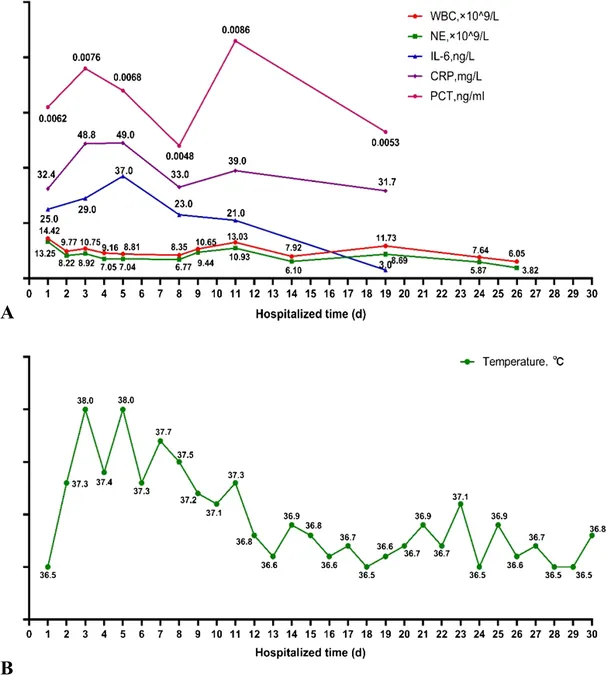
The Surprising Link Between Plant-Based Diets and Ulcerative Colitis Severity Revealed!
2024-09-30
Introduction
Recent research has unveiled that the foods we consume could have a profound impact on the severity of ulcerative colitis (UC), a chronic autoimmune condition characterised by inflammation of the colon. A groundbreaking study explored the relationship between a Plant-Based Dietary Index (PDI) and disease severity as measured by the Mayo score, revealing some striking connections.
The Study
Conducted with 158 UC patients, the study employed a comprehensive approach to assess dietary habits and their effects on disease activity. Participants filled out a 168-item food frequency questionnaire (FFQ) that allowed researchers to calculate their PDI, which measures adherence to a plant-based diet. The Mayo score, a standard tool for evaluating UC severity, was used to draw correlations between diet and disease outcomes.
Notably, the average age of participants was 42 years, with significant findings emerging from analyzing the PDI tertral scores. Patients in the highest PDI groups demonstrated significantly lower Mayo scores—indicating milder disease severity. This trend persisted even after adjusting for confounding variables, suggesting a robust association.
Findings and Implications
The study's results highlight that as adherence to a plant-based diet increases, the severity of UC decreases. This inverse relationship is thought to be driven by the anti-inflammatory nutrients abundant in plant foods—like antioxidants and omega-3 fatty acids.
Interestingly, while higher PDI scores correlated with better disease outcomes, the Healthy PDI (hPDI) and Unhealthy PDI (uPDI) did not show a similar relationship with disease severity, prompting researchers to delve deeper into the specifics of dietary components.
What Does This Mean for UC Patients?
The findings align with existing literature that supports the theory of dietary impact on intestinal health. UC patients may benefit by incorporating more fruits, vegetables, and whole grains into their diets while steering clear of processed and high-fat animal products known to exacerbate inflammation.
Furthermore, prior studies indicated that specific plant-based diets are effective in reducing the risk of relapses in both mild and severe UC cases. For instance, combining plant-based diets with certain medications seemed to bolster treatment outcomes significantly.
Why This Study Matters
This research not only underscores the importance of diet in managing ulcerative colitis, but it also encourages healthcare providers to consider nutritional counseling as part of comprehensive treatment plans.
As more studies emerge, they could reshape the dietary guidelines for UC management. The evidence increasingly suggests that dietary changes can play a crucial role in symptom control, potentially paving the way for improved quality of life for patients battling this often debilitating condition.
Conclusion
While this is a preliminary study that encourages further exploration through larger cohort studies, the implications are promising. A well-planned plant-based diet may just be a game-changer for those struggling with ulcerative colitis! Further investigations could enhance our understanding of the dynamic interplay between nutrition and inflammation, opening new pathways to better health for patients across the globe.
Stay tuned as we continue to unveil more about the fascinating connections between diet and health!




 Brasil (PT)
Brasil (PT)
 Canada (EN)
Canada (EN)
 Chile (ES)
Chile (ES)
 España (ES)
España (ES)
 France (FR)
France (FR)
 Hong Kong (EN)
Hong Kong (EN)
 Italia (IT)
Italia (IT)
 日本 (JA)
日本 (JA)
 Magyarország (HU)
Magyarország (HU)
 Norge (NO)
Norge (NO)
 Polska (PL)
Polska (PL)
 Schweiz (DE)
Schweiz (DE)
 Singapore (EN)
Singapore (EN)
 Sverige (SV)
Sverige (SV)
 Suomi (FI)
Suomi (FI)
 Türkiye (TR)
Türkiye (TR)